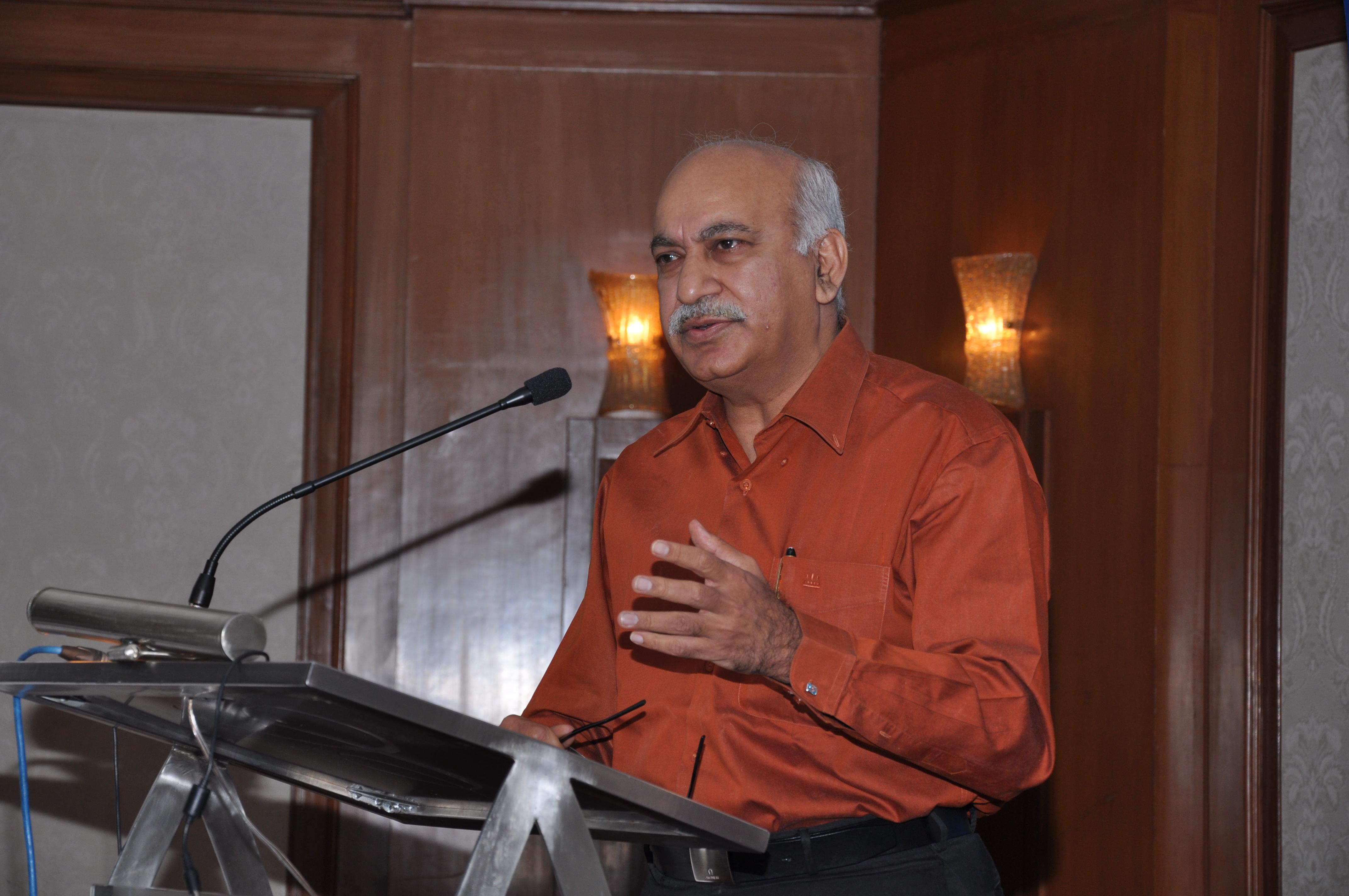New Delhi,
August 12: Delhi High Court issued a notice to journalist Priya Ramani seeking
her response on the appeal filed by former union minister M J Akbar challenging
her acquittal in the criminal defamation case filed by him in the trial court
after she accused him of sexual harassment.
The next
hearing in the matter has been listed for January 13, 2022. Justice Mukta Gupta
heard the argument presented by senior advocates Rajiv Nayar and Geeta Luthra who
represented Akbar. The advocates said that the trial court has erroneously
acquitted Ramani despite concluding that her allegations were defamatory in
nature.
“On one hand, while
the impugned judgment itself states that the article written by the accused
[Ms. Ramani], which was subsequently linked to the complainant [Mr. Akbar], was
defamatory, and simultaneously rejects the defence of the accused that only
part of the article applied to the complainant and the remainder did not, it
ultimately acquits the accused,” the plea said.
“It would follow that
the accused, once her argument is rejected and her publication is held to be
defamatory, would be convicted. However, the trial court, even after holding as
above has acquitted the accused, without providing adequate reasons for such
acquittal,” it added.
It might be
recalled that Akbar has filed a defamation case against Ramani in 2018 soon after
she has levelled allegations of sexual harassment at workplace against him in tweets
and also articles published in print media and online portals. But the trial court acquitted Ramani in the case on February 17, 2021.
The allegations
of sexual harassment were levelled against Akbar in the wake of the #MeToo movement
which gained traction in India in 2018. Around a dozen other women journalists and
colleagues of Akbar also alleged different kinds of sexual harassment by him after
Ramani spoke up.
It should be
noted that Additional Chief Metropolitan Magistrate Ravindra Kumar Pandey, while
acquitting Ramani, in February 17, 2021, had said that the court takes into consideration
the "systematic abuse at the workplace" which was prevalent due to
the lack of proper mechanisms to redress grievances of sexual harassment at the
time such incidents occurred against Ramani and witness Ghazala Wahab, a senior
journalist.
The trial
court noted in the ruling that, “woman has a right to put her grievance at any
platform of her choice and even after decades”. The trial court also accepted
Ramani’s argument that she spoke out against Akbar after two decades of the incident “in public interest and for the public good.”
Accepting Ramani's contention that Akbar “is not a man of stellar reputation” on the basis of her testimony and testimony of senior journalist Ghazala Wahab, who too claimed of being sexually harassed by Akbar, the court had observed at that time, “Despite how well respected some persons are in the society, they in their personal lives could show extreme cruelty to the females,”. The court also acknowledged that the #MeToo movement provided a platform to sexually harassed women to break their silence and Ramani was one such woman.

